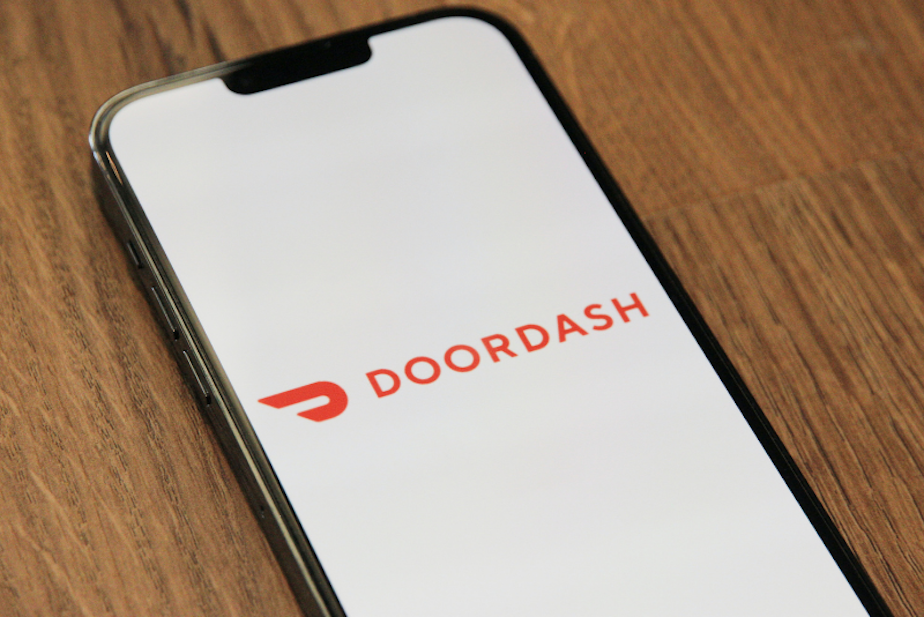Why your takeout is sparking one of the fiercest battles in Seattle politics

Delivery app companies like Uber Eats, DoorDash, Instacart, and Grubhub are waging a battle over a new Seattle gig worker minimum wage law.
The fight is happening in the court of public opinion and in the halls of city government. The Seattle City Council met last week to discuss the future of the law — even though it's only been in effect since January.
RELATED: Seattle has a new gig worker minimum wage. Who's benefiting and who's footing the bill?
The gig worker minimum wage requires companies to pay at least 44 cents per minute, plus 74 cents per mile during orders, or a minimum of $5 per order.
Soundside host Libby Denkmann spoke to David Kroman, who covers City Hall for The Seattle Times, about what's driving the debate.
Sponsored
Kroman said gig workers are technically independent contractors, and not subject to the city's minimum wage. But since the law went into effect, some companies have imposed additional service charges of $5 or more to cover the additional cost. Plus, opponents of the law now say they're seeing less business.
There's disagreement about where to lay the blame, though.
"The people who passed this law are arguing that the company has put these service charges in as sort of a Trojan horse to exploit this law," Kroman said. "And then, you know, have something to blame as an effort to try and repeal it."
RELATED: Seattle mandates paid sick time for food delivery drivers
Kroman said officials are not likely to fully repeal the law, but the speed with which they took up the issue may speak to the fact that there's a predominantly new City Council in Seattle now — and members' priorities may be different.
Sponsored
"Basically, everybody who voted in favor of this minimum wage in the beginning is no longer on the City Council," Kroman said. "The new City Council members that have been elected are almost unanimously more sympathetic to the business community, and I think this was always going to be a proposal that would get a quick second look. The surprise is kind of how quickly this is getting revisited."
Listen to Soundside's full interview with Seattle Times City Hall reporter David Kroman by clicking the play icon at the top of this str





